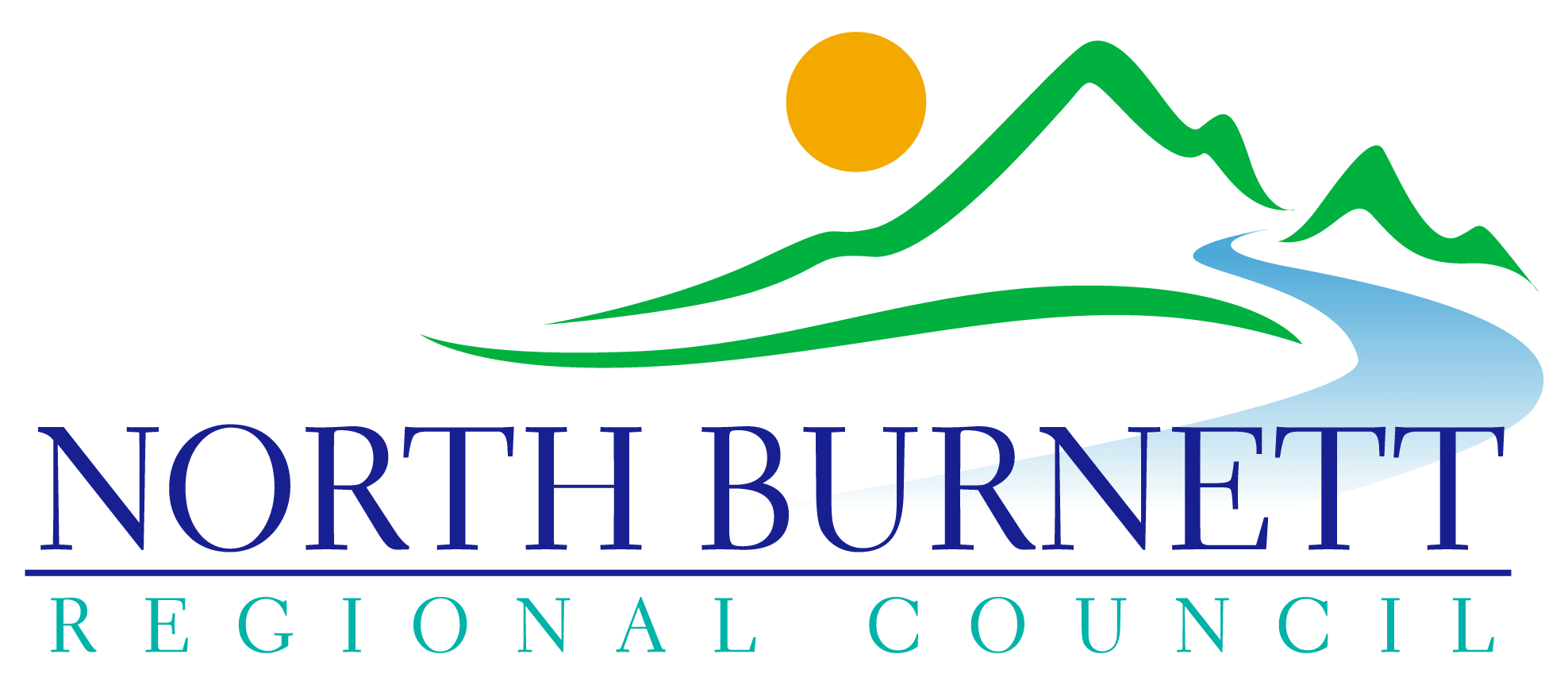Balancing the Budget
It’s getting to the pointy end of our budget period, with the budget due for release 17 July. I would really love to share an understanding of the effort that goes into each Council budget and anticipated outcomes, but to do so would take me many hours, a bunch of paperwork, some whiteboards and lots of coffee. In saying that, I would love nothing more than to be able to do this with each and every one of you, as we make the best decisions possible with what we have to work with.
Council make decisions in a landscape of ever growing priorities, ageing infrastructure, changing community need, increasing community expectations and Council’s vision for a productive, united region that celebrates our vibrant and naturally beautiful region with a Council that effectively manages our assets and services in order to deliver a happy, healthy and safe region for all. Not only are councilors elected to represent the current and future interests of the residents of the local government area, we do so under an act (State Government law) that states local governments must be accountable, effective, efficient and financially sustainable.
Council receives income as rates. The North Burnett currently has a static population, (i.e. no growth in rateable properties) therefore we can’t offset any of our costs with ‘new income’ and we are well aware of the level of financial strain already placed on our regions ratepayers (16.5% of our rate payers are on a pension and 46.9% of our total population are on some form of income assistance).
The other way we receive income is through State and Federal grants and assistance. Government grant programs are extremely competitive across the board. Council endeavors to acquire as much ‘outside’ money as possible in order to meet community need and
improve the liveability of our region.
So with the challenge of raising revenue in mind, we look at our expenses in order to deliver a sustainable budget. At this point, we review each decision very carefully because it is a balancing act between reducing expenses and maintaining an acceptable level of service for the community. We are currently also faced with the impact of increasing wage and utilities costs. I should note that at no point in time is this process fun.
Besides business as usual, each year there is also some new challenges to think about, this year one such challenge involves working on a plan as to how we will achieve the zero waste target as set by the State Government’s Waste Strategy. This strategy has us monitoring how other councils will structure their own tip fees, to ensure we don’t become the dumping ground of other councils waste (as now we must pay the state government $75 per ton of rubbish into our tips). It also makes us consider how many waste management facilities are across
the region (as each one is now under new regulations and as such this will result in increased expenses) and how they are operated.
I’ve run out of room and have only scratched the surface of the budget process. I welcome specific questions that you would like me to cover in future editions of the Mayor’s Desk.
